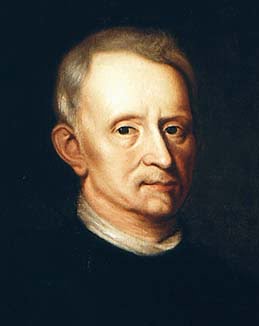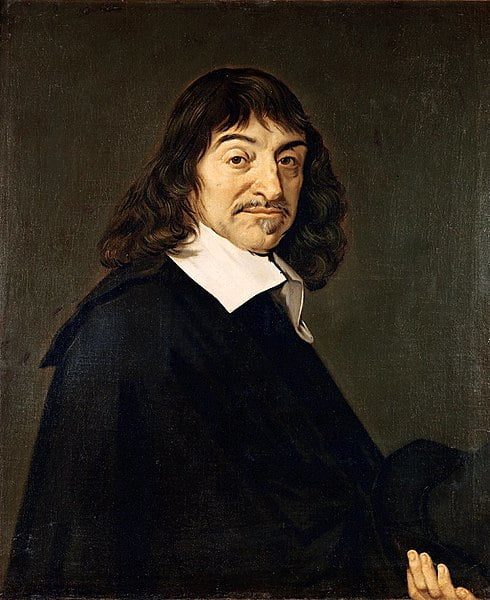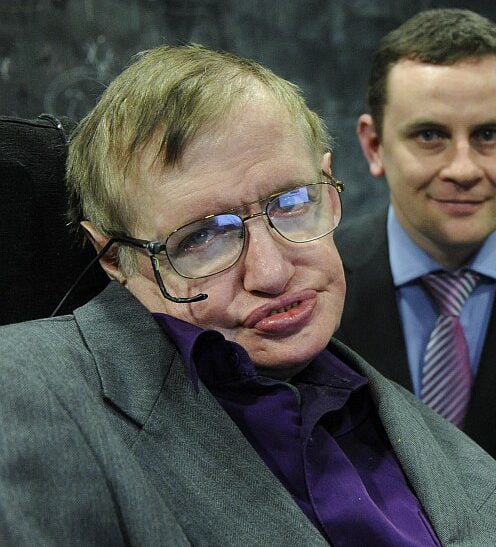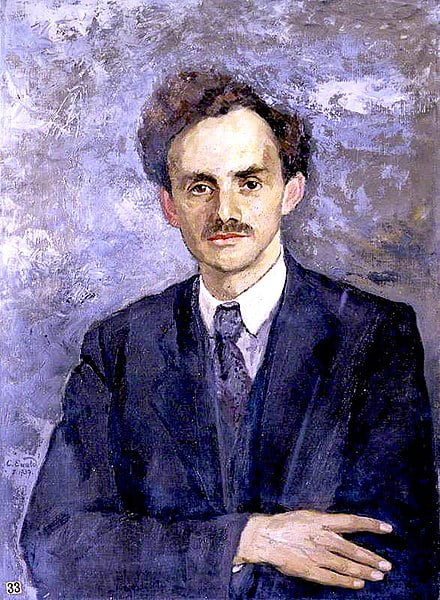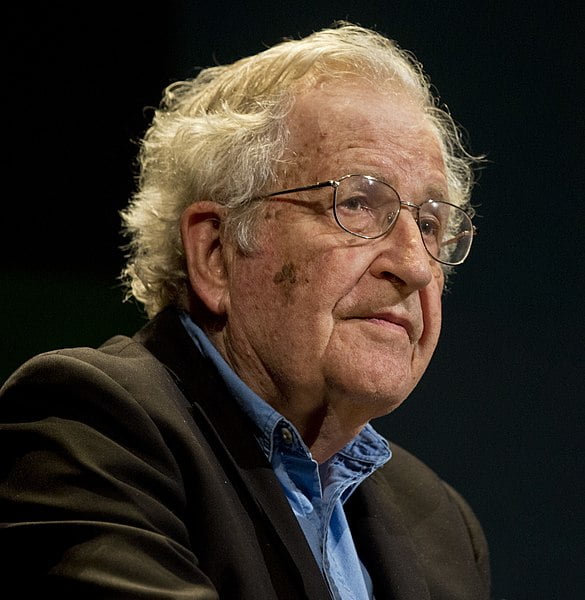| Name | James Dewey Watson |
| Born | April 6, 1928 (age 96), Chicago, Illinois, U.S. |
| Alma Mater | University of Chicago (BS), Indiana University (PhD) |
| Known for | DNA structure, Molecular biology |
| Spouse | Elizabeth Lewis (m. 1968) |
| Children | 2 |
| Awards | Albert Lasker Award for Basic Medical Research (1960), Member of the National Academy of Sciences (1962), Nobel Prize in Physiology or Medicine (1962), John J. Carty Award (1971), Copley Medal (1993), Lomonosov Gold Medal (1994) |
| Fields | Genetics |
| Institutions | Indiana University, Cold Spring Harbor Laboratory, Laboratory of Molecular Biology, Harvard University, California Institute of Technology, University of Cambridge, National Institutes of Health |
| Thesis | The Biological Properties of X-Ray Inactivated Bacteriophage (1951) |
| Doctoral Advisor | Salvador Luria |
| Doctoral Students | Mario Capecchi, Bob Horvitz, Peter B. Moore, David Schlessinger, Joan Steitz |
| Notable Students | Ewan Birney, Ronald W. Davis (postdoc), Phillip Allen Sharp (postdoc), Richard J. Roberts (postdoc), John Tooze (postdoc) |
| Scientific Contributions | Co-authored with Francis Crick the academic paper proposing the double helix structure of the DNA molecule; Promoted research in molecular biology at Harvard University; Directed Cold Spring Harbor Laboratory; Associated with the establishment of the Human Genome Project |
| Publications | Molecular Biology of the Gene (1965), The Double Helix (1968) |
| Controversies | Resigned as chancellor of Cold Spring Harbor Laboratory in 2007 after controversial comments on race and intelligence; Honorary titles revoked in 2019 after reiterating views on race and genetics |

